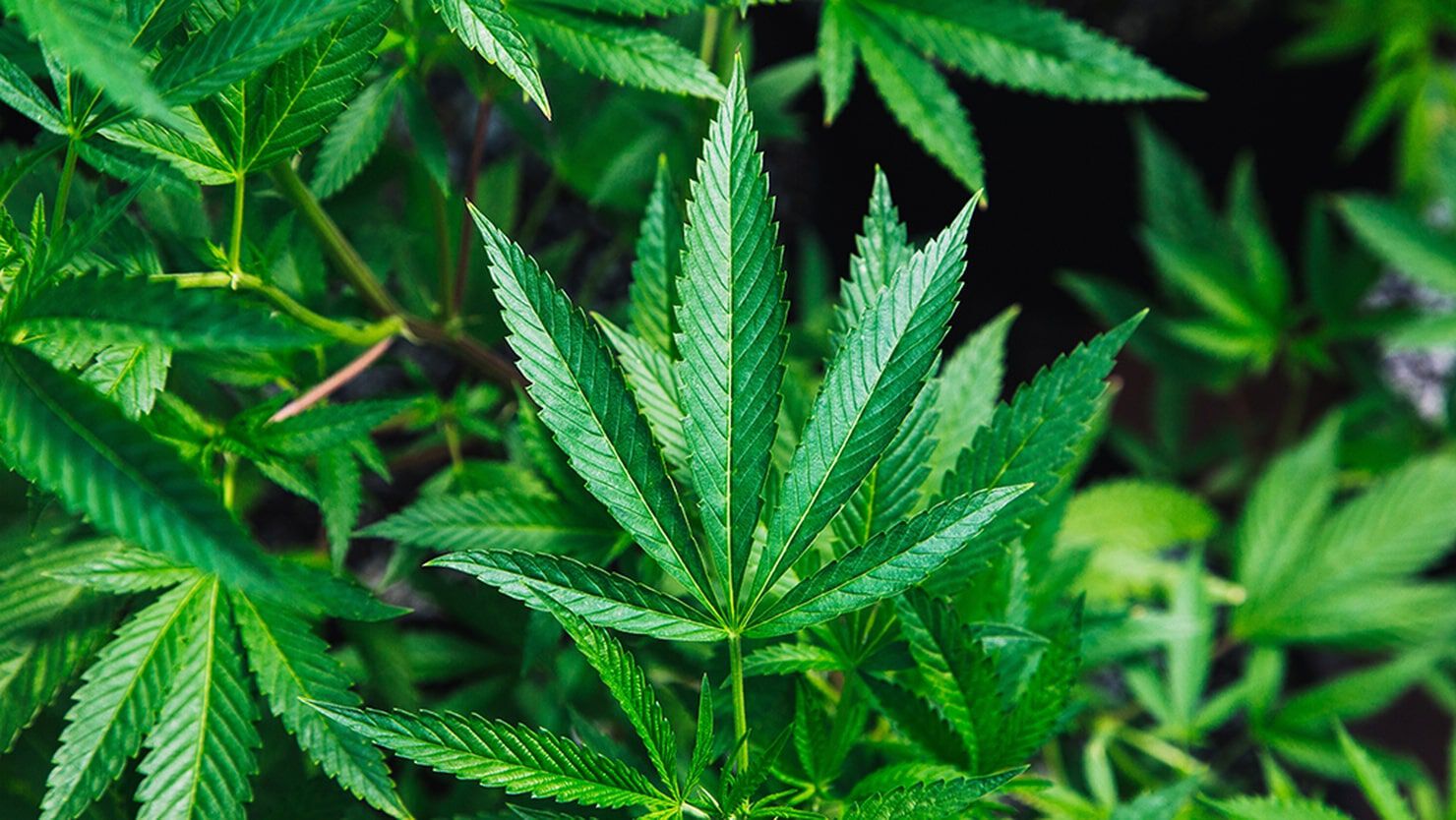Is CBD Legal?
Feb 19, 2021

Fans of CBD know that the 2018 Farm Bill removed hemp and its constituents from the controlled substances list. According to the US federal government, as long as a cannabis plant contains no more than 0.3% THC by dry weight, they legally consider it hemp and most thought that also meant you can make anything you want out of it. However, the Farm Bill also gave states the right to oversee their own hemp production and CBD laws. Learn more about the differences between THC and CBD
Each state has the right to make its own additional rules on the sale of CBD and other hemp derived products – and they do. Some banned it completely while many don’t provide clear language about where it’s prohibited or permitted. Some allow it for animal consumption. Several have imposed arduous restrictions like mandating in-state testing for CBD products or rigorous background checks on registration applicants. Burdensome labeling requirement means hemp companies need different labels for California, Colorado, Louisiana, and New York (just to name a few). It’s a waste of industry and state resources that protects no one and results in less benefit from a public health standpoint. Consumers lose.
The answer to this patchwork of hemp laws is a unified and harmonized federal regulation. We support HR 841 – the Hemp and Hemp-Derived CBD Consumer Protection and Market Stabilization Act of 2021. Read more about this piece of legislation here at the US Hemp Roundtable. As founding members of the Roundtable, we urge you to contact your congressperson and ask them to co-sponsor HR 841. Use this portal.
* The information on this page is for educational purposes only and is not intended for legal advice. It’s truthful when written but regulations change rapidly so, please be sure to do your own research
 To make this site work properly, we sometimes place small data called cookies on your device and use those for analytical purpose - Team PlusCBD Oil, CV Sciences Inc.
To make this site work properly, we sometimes place small data called cookies on your device and use those for analytical purpose - Team PlusCBD Oil, CV Sciences Inc.